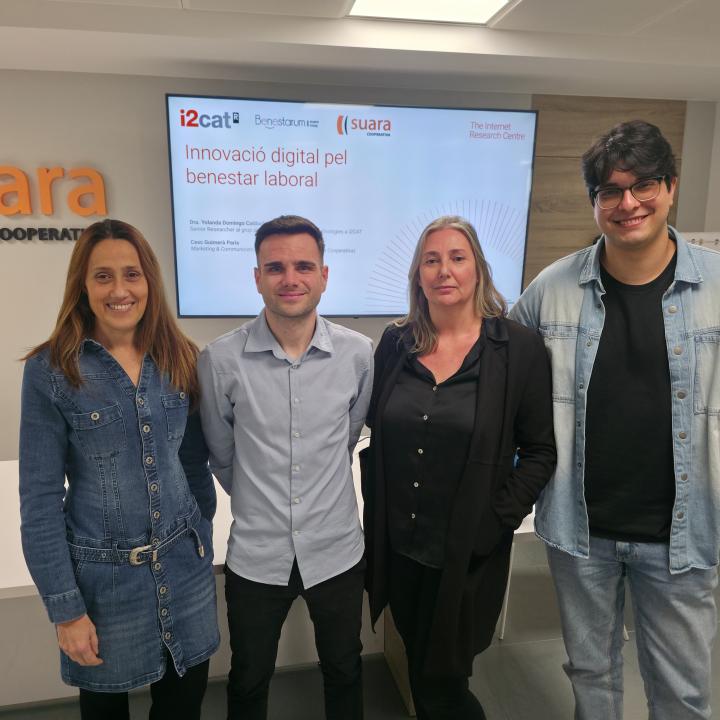For some time now, we have been hearing about the concept of ethics called applied ethics in different social, health and educational fields. What does this applied ethics mean and how can it become part of the working and professional space within our working environments?
To be able to answer and argue this question we must take into account not only the organization itself but also (and with the same importance) the professionals, the people served, the clients and all those social networks that are related to our functions and professions.
When a professional finds himself in the situation of having to make decisions that affect the life, development, happiness and dignity of other people, he must evaluate and reflect in order to make a fair ethical decision that respects the dignity of people, weighing at every moment each of the consequences of his decisions and trying to find a fair balance that respects the person affected by the decision. This process is not easy and sometimes we may feel alone or with few resources to be able to respond to each situation that arises in our work environment.
Applied ethics proposes within organizations a long-term structure of accompaniment and dialogue between the different interest groups (people served, professionals or organization) giving the possibility of listening and thus favoring the creation of consultative spaces.
Rebeca Tevar. Social educator at Suara (*)




